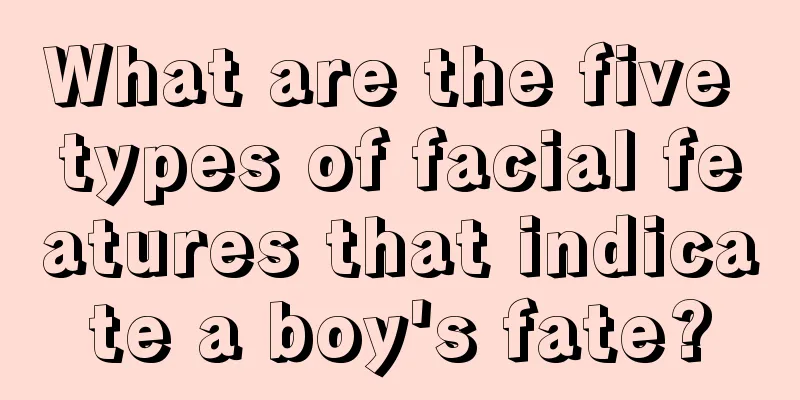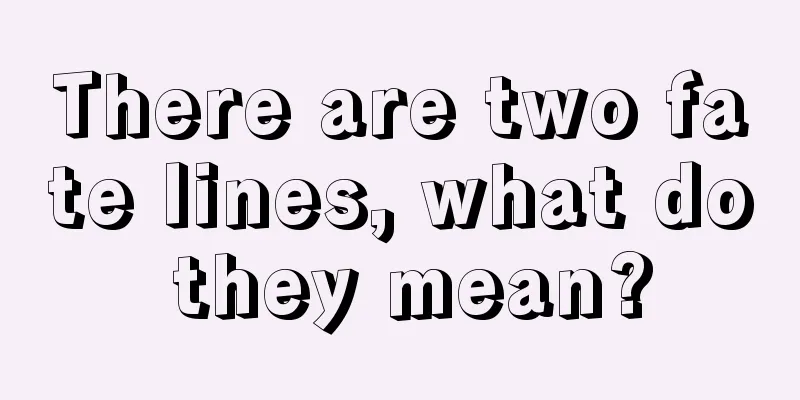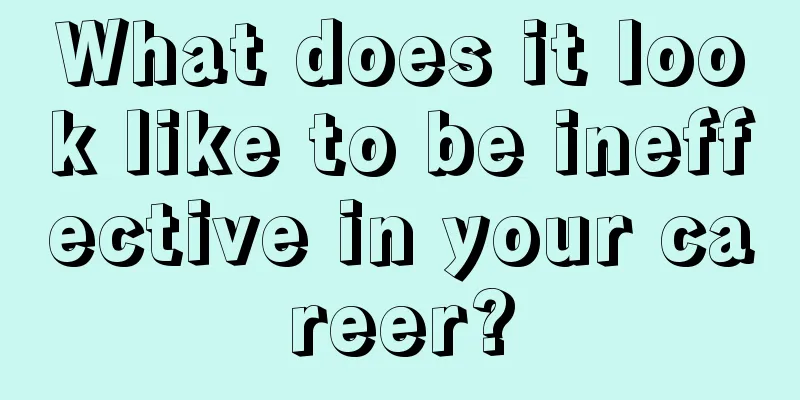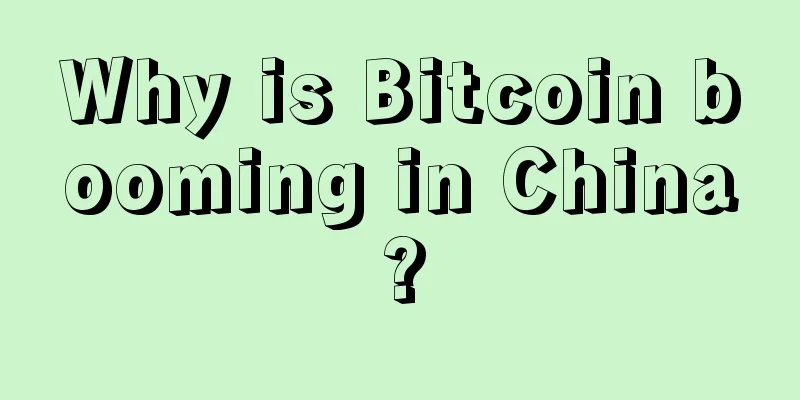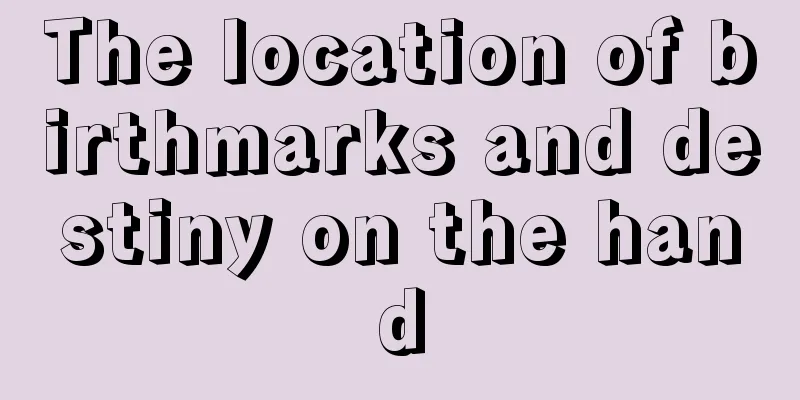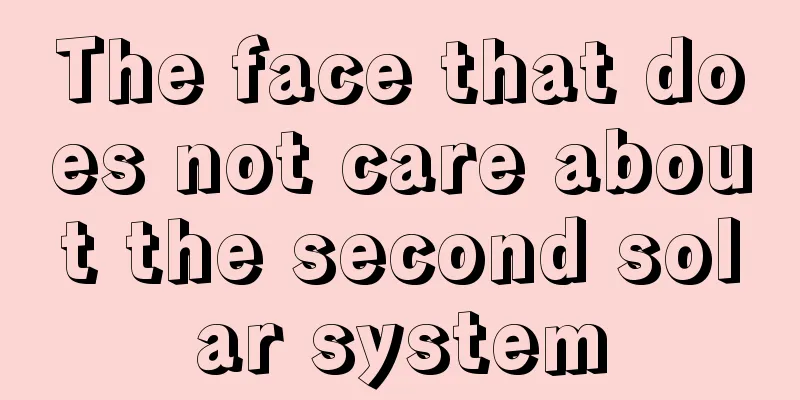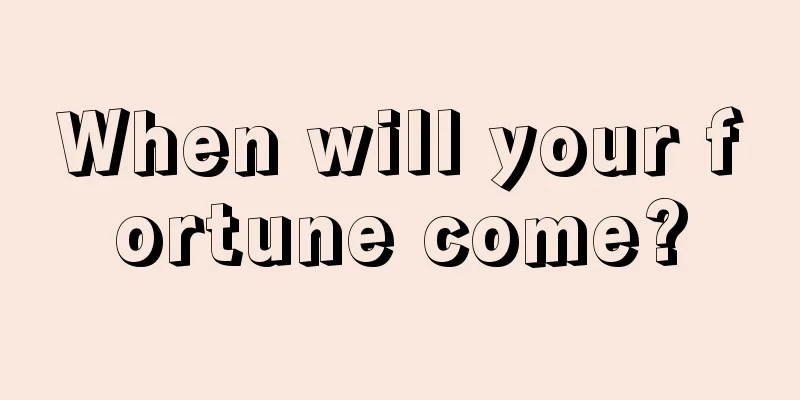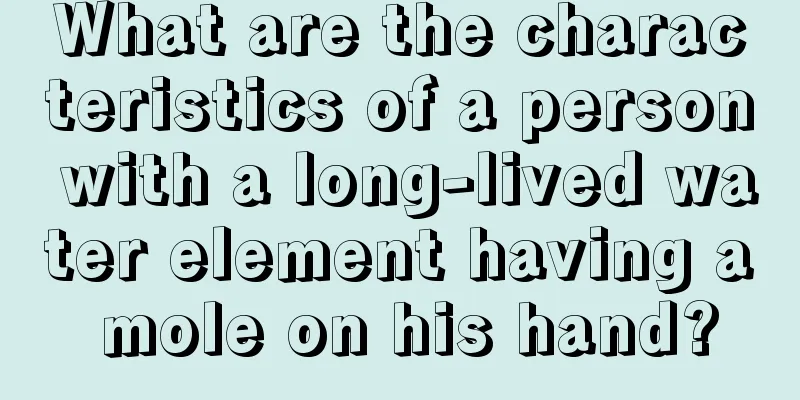Matthew Roszak discusses blockchain enterprise strategy and business models on the UK's Necker Island
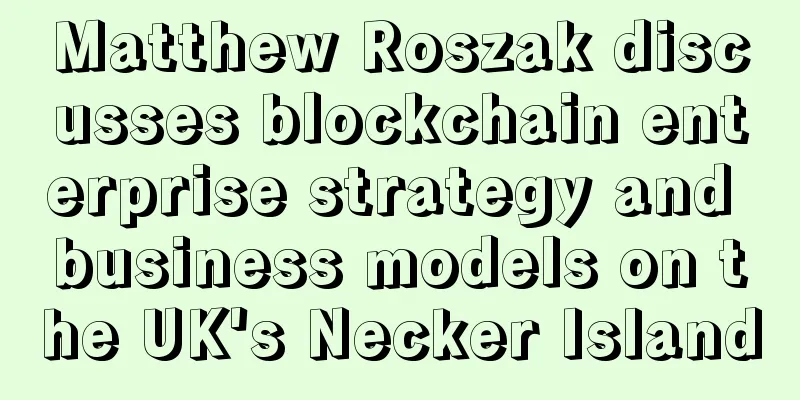
Translation: Nicole Matthew Roszak, founding partner of Tally Capital, has 20 years of experience as a venture capitalist, selling software to enterprise companies in fields such as human resources, public safety and video surveillance. He stumbled upon Bitcoin through a Singaporean social gaming company he co-founded in 2011, and learned that countries like the Philippines, Indonesia, South Korea and Malaysia encounter a lot of friction in the payment process. Matthew Roszak He said:
Since then, he has invested in 21 different Bitcoin ecosystem companies while producing the documentary “The Rise of Bitcoin.” Roszak is currently the co-founder of blockchain enterprise company Bloq, which has caused a lot of discussion, partly because co-founder Jeff Garzik is a well-known former Red Hat Bitcoin Core developer who worked at Red Hat for more than a decade. As such, Bloq proposes to work with both enterprise consumers and developers to jointly develop open source blockchain protocols like Bitcoin and Ethereum, aiming to ensure that the needs of enterprise consumers are met during the development of the protocol. Sir Richard Branson and Matthew Roszak on Necker Island Roszak and I recently attended the 2016 Blockchain Summit at Richard Branson’s NeXT, and he took some time off (before his tennis match with Branson) to discuss one of my new podcasts, “Off-Chain: Inspiration from Blockchain and Internet Finance.” Roszak also attended the 2015 Blockchain Summit, and founded Bloq after his conversation with Garzik. In this podcast, he talks about blockchain technology:
Bloq is all about making sure we don’t have a single blockchain. “I believe this is going to be a multi-token, multi-network, multi-chain world,” Roszak said, with Bloq helping both public and private blockchains in different industries, terrains, and assets, as well as various interconnected purposes. Currently, he described the development status of various enterprise companies such as Bloq, Chain, R3, Digital Asset Holdings, etc. running blockchain test projects, “to verify which company is doing well, and then invest more energy in that company.” We also discussed the business model of companies using this technology, which is essentially a business model that removes the middleman. How can companies with traditional business models profit from blockchain technology after the transaction volume decreases? Roszak has discussed this with Chinese companies, and he is a leader in Bitcoin mining and trading, and also expressed hope that China can influence the development of Bitcoin and blockchain, a region I have also developed. "The flow of money in China is more convenient and less frictional than in the United States." He said that many apps developed in China are more user-friendly, and he sees a future where our mobile wallets become blockchain 'browsers' and trade with the world. He said:
Finally, when asked if he had any advice for enterprise companies, Roszak said, “Enterprise companies are doing the right thing — they are investing time, energy, and money into blockchain technology.” |
>>: Ethereum vulnerability discovered, DAO put to the test
Recommend
A person who is likely to become a social elite
1. The nose is full of gallbladders, and you are ...
Fortune talks to Vitalik and his son: Many people are overly negative about Ethereum's transition to PoS
Ethereum founder Vitalik is not worried about the...
What is the fate of thick lips? Is it good for a woman to have thick lips?
Everyone is unique. No two people will be exactly...
Facial features that suggest it is best to get married after the age of 40
Facial features that suggest it is best to get ma...
What does it mean to have a big palm? Is it good for a man to have a big palm?
Relatively speaking, men's palms are bigger t...
After the US election meme tide subsides, where is the next opportunity to get rich
In the crypto industry, hot market events tend to...
The facial features of a person who keeps his mouth shut and doesn't spread rumors
People who keep their mouths shut should be very ...
Is it okay to remove the mole that makes my husband cry? Is it a mole that brings good luck to my husband?
What is the Crying Husband Mole? Many people may ...
Which moles on a woman's body can predict her marriage to a rich man?
Generally, people who are more popular with the o...
How to read women's palms and tell fortunes about marriage
For women, marriage is the most important thing i...
Complete bone structure - Zhongfeng Tianzhu bone
It is located between the Southern and Southern M...
What is it like for a woman to have a mole on her left ear?
Some people have more moles on their faces, some ...
Last week, $193 million flowed into cryptocurrencies, of which $98 million was Bitcoin
Since Russia paid for gas and oil in rubles, the ...
Is it a good thing for a man to have moles around his eyes? It will cause his partner to cheat on him!
How to interpret moles around men’s eyes? From th...
Where are the moles on your body that indicate noble people?
From the perspective of mole physiognomy, moles wi...

